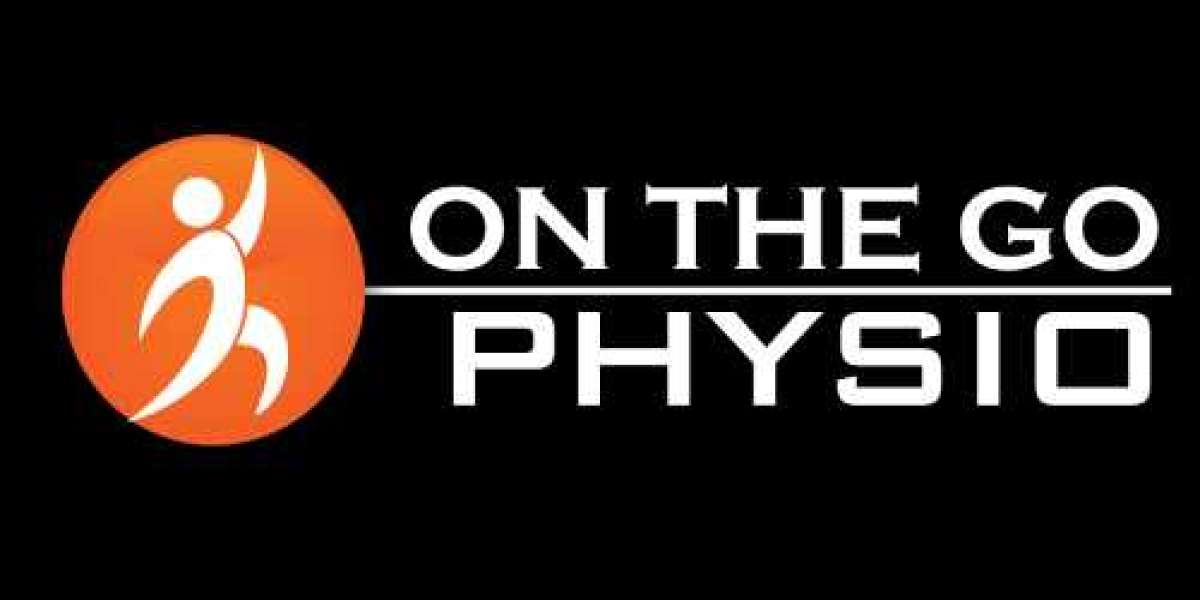Introduction:
In the intricate tapestry of healthcare, effective communication is the linchpin that holds together the various threads of patient care. For nurses, report writing is a skill as crucial as any other in their repertoire. Whether documenting shift handovers, patient assessments, incidents, or research findings, nurses must wield the pen with precision to ensure clarity, collaboration, and, most importantly, patient safety. This article delves into the art and importance of nurse report writing, providing insights into best practices and emphasizing its impact on the delivery of high-quality healthcare.
I. Types of Nurse Reports:
1. Shift Handover Reports:
Shift handovers are pivotal moments in nursing where the baton is passed from one caregiver to another. A well-crafted shift handover report includes essential patient information, ongoing treatments, and any changes in the patient's condition. Clear communication during handovers is vital for maintaining continuity of care and preventing errors.
2. Patient Assessment Reports:
Patient assessments are the foundation of nursing care. Comprehensive reports on vital signs, medication administration, and observed changes in a patient's condition guide interventions and inform the overall care plan. Accurate and detailed assessments are paramount for providing individualized patient care.
3. Incident Reports:
When unexpected events or incidents occur, nurses must document them thoroughly. Incident reports not only serve as a record of the event but also contribute to a culture of continuous improvement. Analyzing incidents helps identify areas for enhancement, reducing the likelihood of similar occurrences in the future.
4. Nursing Research Reports:
Nurses actively engage in research to contribute to evidence-based practice. Research reports detail methodologies, findings, and implications for nursing care. Sharing this knowledge through reports helps advance the profession and ensures that patient care aligns with the latest evidence.
II. Importance of Nurse Report Writing:
1. Patient Safety:
At the core of nurse report writing is the commitment to patient safety. Accurate and timely reporting ensures that crucial information about a patient's condition, ongoing treatments, and potential risks is communicated effectively. This transparency is foundational for preventing adverse events and ensuring the well-being of patients.
2. Collaboration and Continuity of Care:
Effective report writing fosters collaboration among healthcare professionals. Nurses must communicate seamlessly with physicians, other nurses, and support staff. A well-documented report ensures that everyone involved in patient care is on the same page, promoting coordination and continuity of care.
3. Legal and Ethical Compliance:
Documentation is not only a tool for patient care but also a legal and ethical obligation. Accurate reports serve as legal documents that provide evidence of adherence to protocols, informed consent, and the delivery of appropriate care. This documentation is crucial in the event of legal scrutiny.
4. Quality Improvement:
Incident reports and reflective practice contribute to the ongoing process of quality improvement. By documenting and analyzing incidents, nurses actively participate in identifying areas for improvement in care processes. This commitment to ongoing enhancement ensures that healthcare practices evolve with the goal of providing the best possible patient care.
III. Best Practices in Nurse Report Writing:
1. Clarity and Conciseness:
Nursing report writing example in a clear and concise manner. Avoid unnecessary jargon, and use language that is easily understood. Clarity in reporting minimizes the risk of misinterpretation and ensures that the information is accessible to a diverse audience of healthcare professionals.
2. Use of Standardized Formats:
Implement standardized reporting formats, such as SBAR (Situation, Background, Assessment, Recommendation). Standardization enhances consistency, making it easier for healthcare professionals to absorb information quickly and accurately during fast-paced situations.
3. Objective Documentation:
Be objective in your documentation. Stick to facts and measurable data, avoiding subjective interpretations. This approach enhances the credibility of the report and provides a solid foundation for decision-making.
4. Timeliness:
Timely documentation is crucial. Record information as close to the event as possible to ensure accuracy and relevance. In critical situations, the timeliness of reports can significantly impact the course of patient care.
5. Reflective Practice:
Embrace reflective practice in your report writing. Include insights into your observations, thought processes, and the rationale behind interventions. Reflective reports contribute to personal and professional growth, fostering a culture of continuous improvement.
Conclusion:
Nurse report writing is not merely a task on the checklist but a dynamic and essential aspect of delivering high-quality healthcare. By adhering to best practices and recognizing the profound impact of accurate documentation on patient safety and collaboration, nurses become true advocates for their patients. Continuous refinement of report-writing skills ensures that nursing professionals play a pivotal role in advancing the standards of care and contributing to the broader landscape of healthcare excellence.








